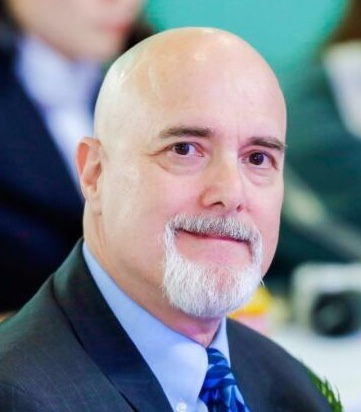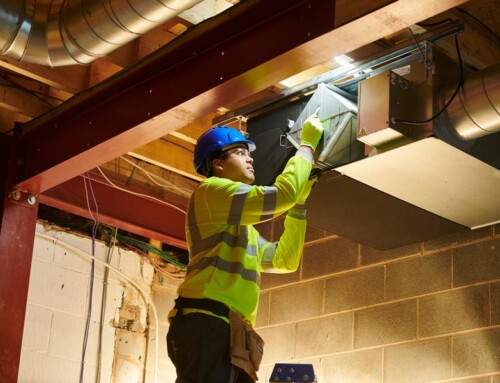7 Ideas to Help Discuss Sustainability
These days, many people have an opinion about sustainability that they are prepared to share—sometimes loudly and passionately. As business professionals, our goal is to serve our prospective and current customers, ultimately generating the best profitability for those who employ us. Thus, it is critical to become knowledgeable on important issues such as sustainability and to be able to appropriately articulate the value of these issues, especially with those who might have a different view.
Fortunately, sharing your knowledge without condescending and alienating your clients is possible. Consider the following seven tips before you begin a conversation about sustainability with your current and potential customers.
- Avoid judgment
Understanding that everyone’s views are shaped by their experiences, knowledge, and biases is crucial. When speaking to someone who objects to actions regarding sustainability, climate change, environmental, social, and corporate governance issues (ESG), etc., approach them respectfully and empathetically. A dismissive or confrontational tone will likely close the door to any meaningful exchange, which is what you want to foster. - Find common ground
While some clients might deny the human influence on climate change, they likely care about certain aspects of sustainability. Do they enjoy outdoor activities? Are they interested in or concerned about green cleaning, pollution, clean water, or the cost of energy? Finding shared interests can help the discussion without directly addressing the contentious issues. - Use tangible, local examples
Make use of relatable, local examples to demonstrate the challenges we are confronting. For example, you can mention changes to the local environment, such as increased flooding or extreme temperatures, which affect facility heating and cooling costs. Relating sustainability to real-world examples can often help to make abstract concepts more concrete. - Focus on benefits
Emphasize the positive aspects of sustainability. For instance, a more fuel-efficient delivery fleet, such as electric or hybrid vehicles, is cleaner and can reduce fuel costs and increase profitability. Sustainable practices often have multiple benefits that might appeal to your customers, irrespective of their views on climate change. - Don’t argue about science
Instead of explaining the science behind sustainability benefits, explain the market drivers, such as supply chain reporting or the proliferation of LEED-certified buildings. As some of your prospects and customers are likely committed to these issues, your goal is to be knowledgeable enough to compete for their business. Always remember, the goal is not to win the argument but to win business and collectively work toward a sustainable future. - Practice patience
Changing deeply held beliefs often takes time. Don’t expect a single conversation to reverse someone’s views completely. Instead, view it as planting a seed that might take time to grow. Avoid angry, unproductive discussions. - Develop your expertise
Invest time learning about the science behind climate change, sustainability, and other related issues, so you are better prepared for these conversations. Consider joining ISSA’s Sustainability Committee. Not only will your participation with the committee enable you to learn more about environmental issues, but it will also help move the global cleaning industry forward and enable it to better care for the 100 million workers it supports worldwide. Click here to access the application to become a committee member.
For more tips for discussing sustainability, tune into the below Straight Talk! video.

















